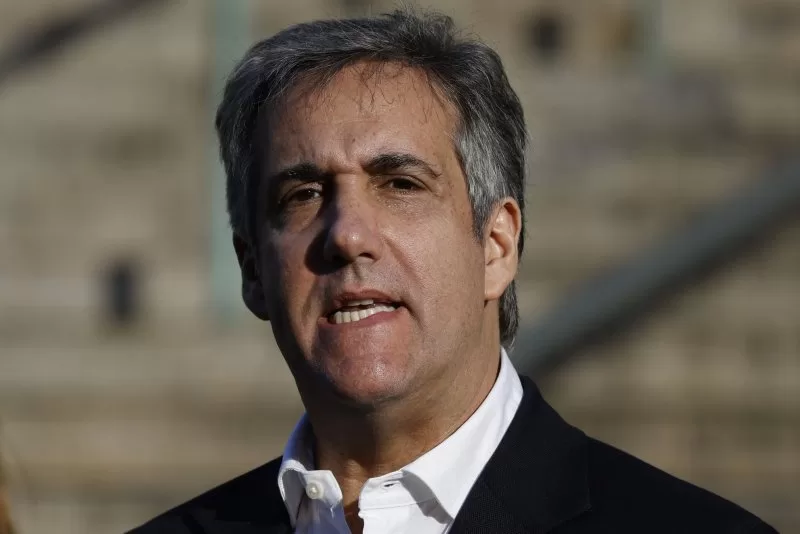Oct. 21 (UPI) — Ex-Trump lawyer and “fixer” Michael Cohen‘s most recent legal challenge against former President Donald Trump ended Monday after a U.S. Supreme Court ruling.
The high court ruling keeps in place a lower court decision that says Cohen is not able to pursue his legal challenge asserting that then-President Trump, then-U.S. Attorney General William Barr and other federal prison officials had allegedly violated Cohen’s civil rights by putting him in solitary confinement for writing a tell-all book.
In July, Cohen asked the Supreme Court to review his retaliation claim against Trump after a panel with the Second Circuit Court of Appeals denied Cohen’s legal effort to hold Trump accountable for his 2018 imprisonment
Cohen had been released to home confinement during the pandemic while serving a three-year prison sentence after he pleaded guilty to violating federal campaign finance laws and other offenses for allegedly arranging “hush-money” payments to women Trump had allegedly been having sexual affairs with.
Cohen said one of his release conditions was to refrain from criticizing Trump, but he contends he was thrown back in jail and then into solitary confinement after questioning the legality of that condition.
New York’s U.S. Southern District Judge Alvin Hellerstein later said that Cohen had been put back in prison for trying to speak and publish a book critical of Trump, and ordered his permanent release from federal confinement.
Following that, Cohen sued Trump and others for retaliation. However, the lower federal courts denied his claim.
The Supreme Court typically declines to hear such cases. As it currently stands in the United States, few legal channels exist in order to seek any sort of accountability of federal officials who commit allegedly unlawful acts.
Cohen’s lawyers told the justices there must be “some remedy when a federal judge finds the government violated an individual’s right to speech by confining him to prison.”
The disbarred Cohen recently told NBC that if Trump is re-elected and without a deterrent or other safeguard in place that a second Trump presidency will be about “just locking people up.”
He filed his Supreme Court appeal saying he was trying to stop other U.S. citizens from “being imprisoned because they refuse to waive their First Amendment right or because they express criticism.”
Trump’s legal team clinged to the Supreme Court’s controversial decision on presidential power over the summer that says, in effect, a president is not legally responsible for their actions while president. Because if Cohen had been able to continue his legal challenge, it “would effectively destroy the doctrine of Presidential immunity,” Trump lawyers say.
